According to a new research study published on Tuesday October 29, rising sea levels could affect some of the major cities of the world by 2050.
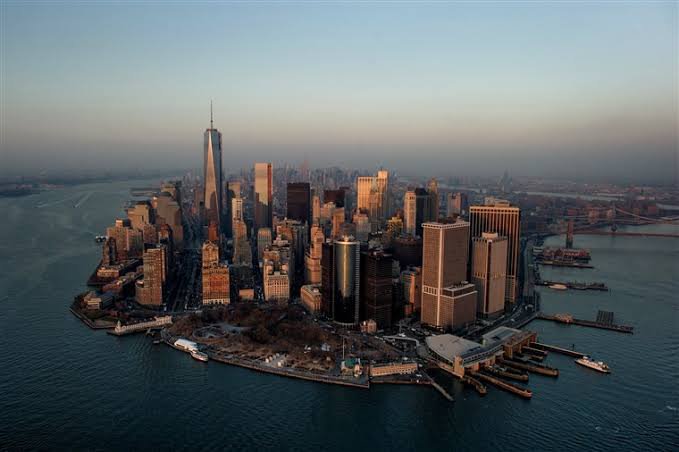
By developing an accurate way of calculating land elevation, the authors of the study estimated the effect of sea level rise over large areas.

Starting in South Asia, Vietnam could all but disappear. More than 20 million people or one-quarter of their population lives on land that will be below the sea.

Moving to the west, 10% of Thailand’s population currently lives on land that is likely to be inundated by 2050. This is 10 times more than what was indicated by the previous technique.
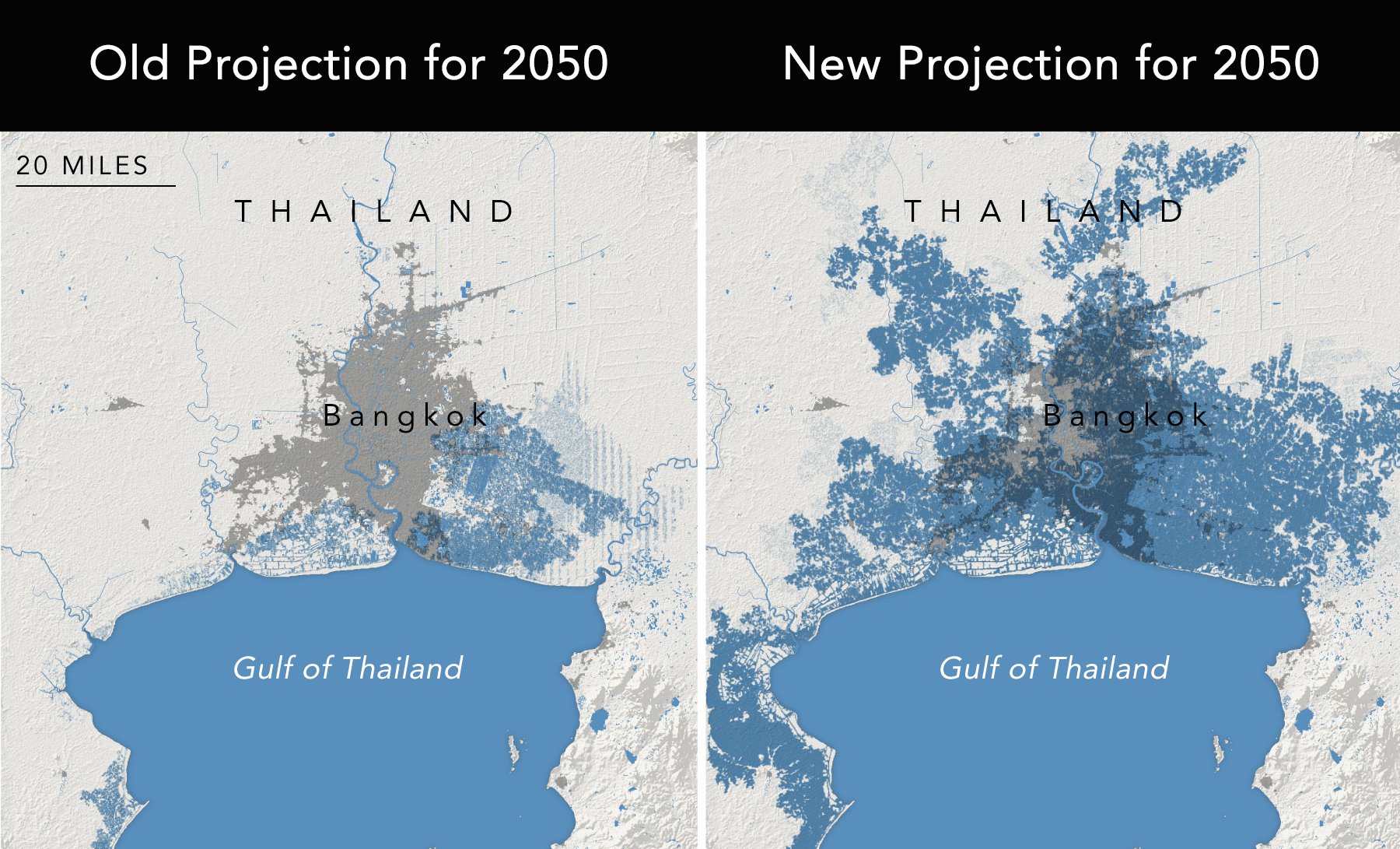
Closer to the Arabian Sea, Mumbai, India’s financial capital, is at risk of being wiped out. Built on what was once a series of islands, Mumbai city’s core is particularly vulnerable.
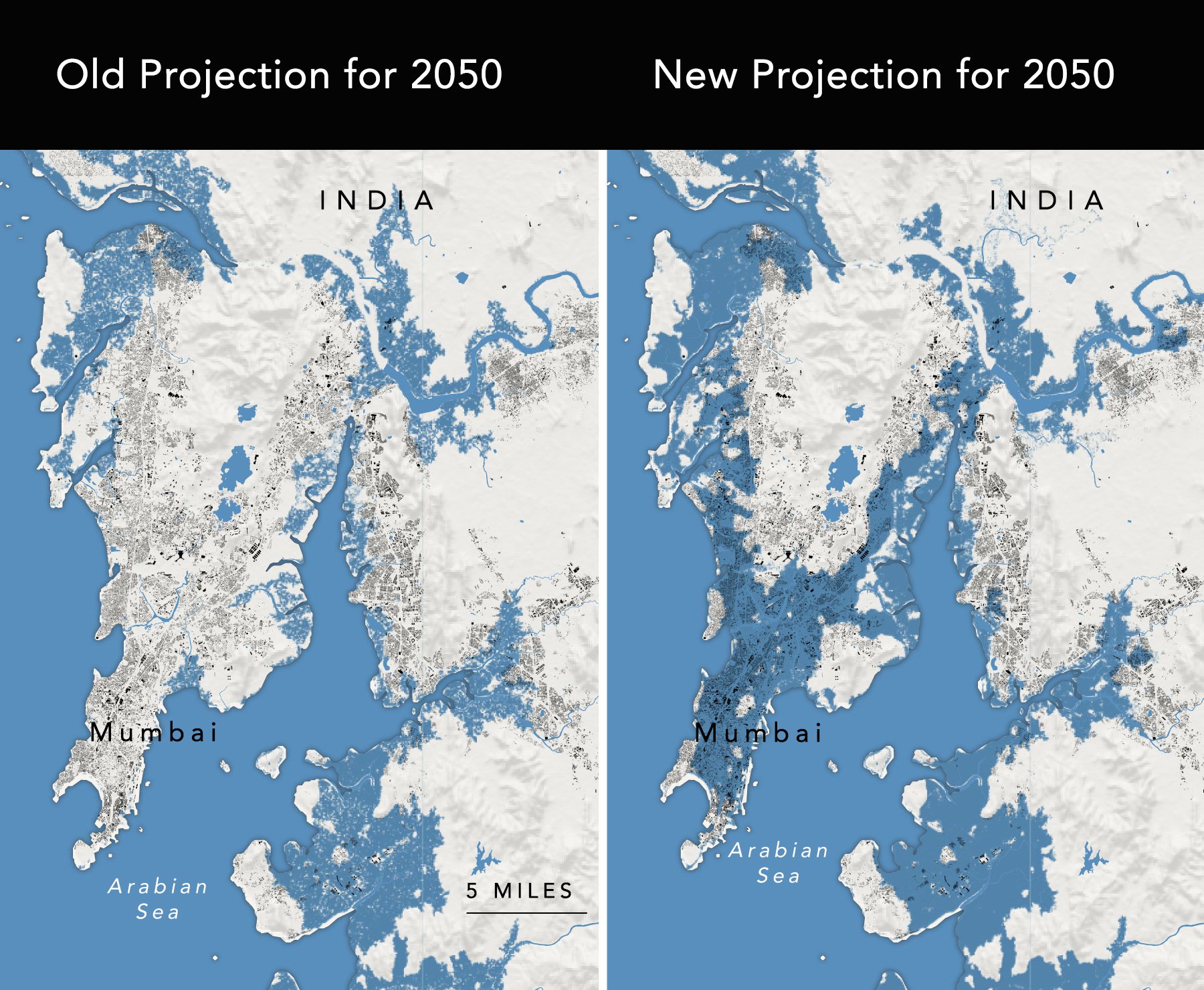
If the submerging of cities wasn’t quite enough, migration caused by rising seas could trigger regional conflicts and force farmers to search for jobs away from their lands in urban cities.
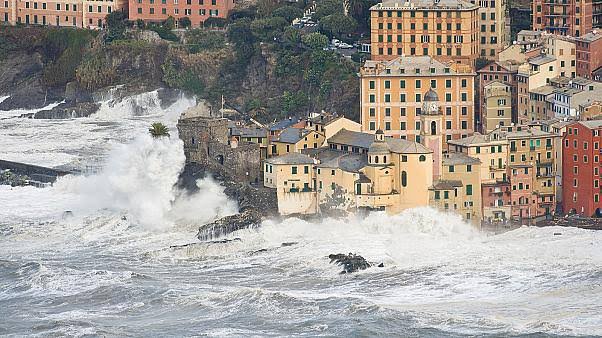
Elsewhere, disappearance of cultural heritage can be accelerated due to the rising sea levels. Alexandria, Egypt, founded by Alexander the Great, could be lost to rising waters.
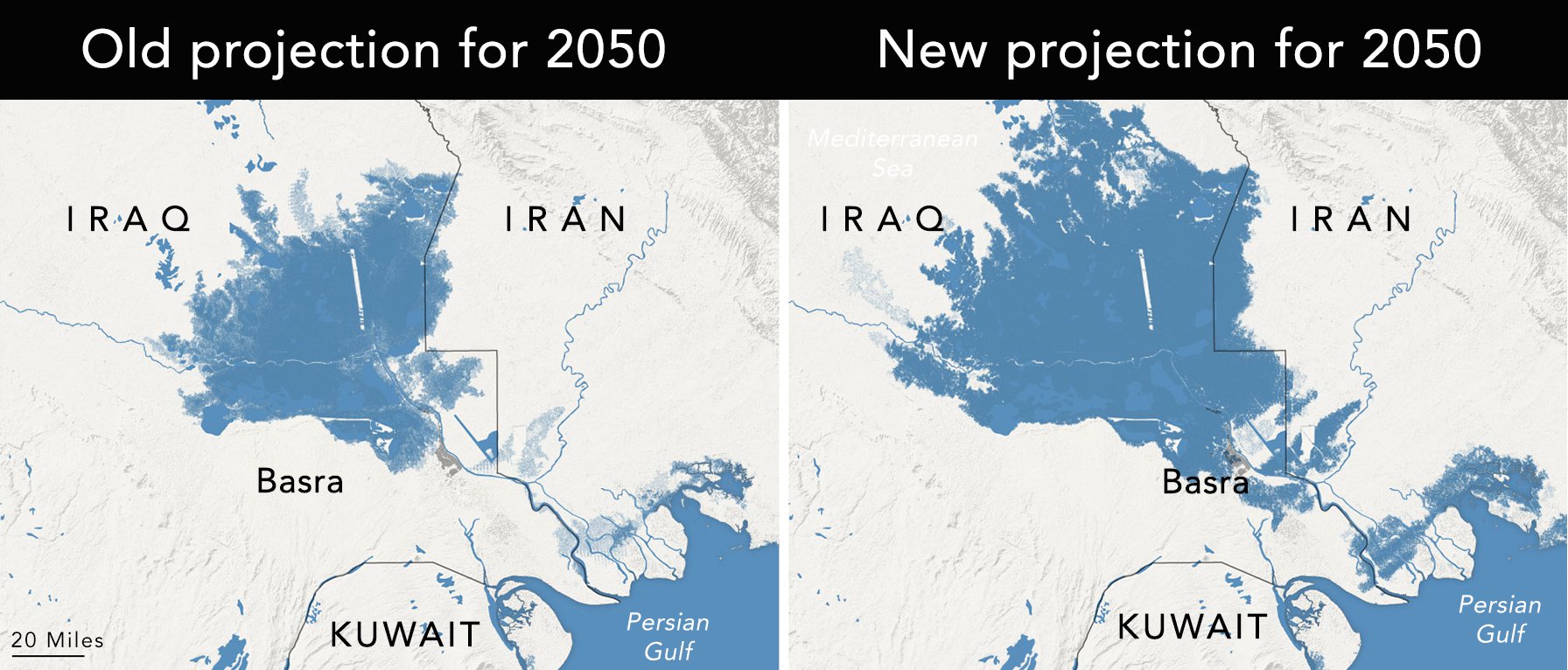
John Castellaw, a retired Marine Corps lieutenant general, explained how the problem is beyond the realms of environment and affects more than what we had imagined.
So this is far more than an environmental problem. It’s a humanitarian, security and possibly military problem too.
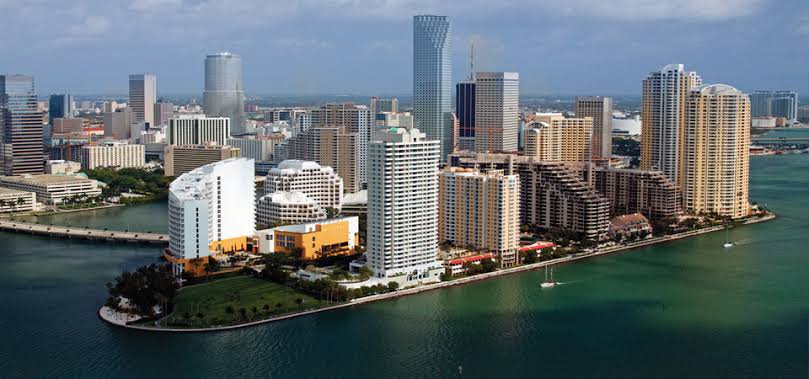
The projections in the the research, which was produced by Climate Central – a science organization based in New Jersey – don’t account for future population growth or land lost to coastal erosion.

















